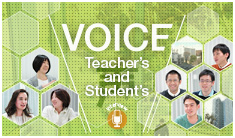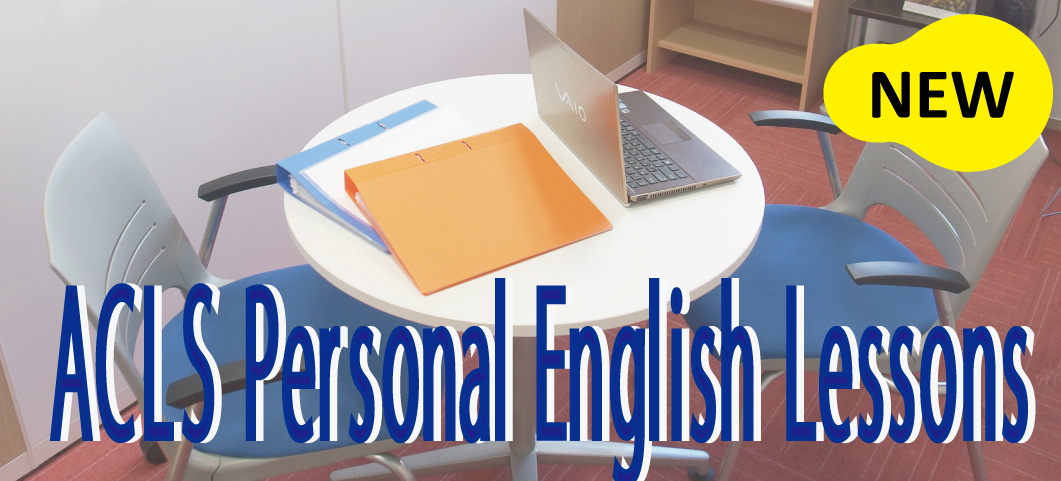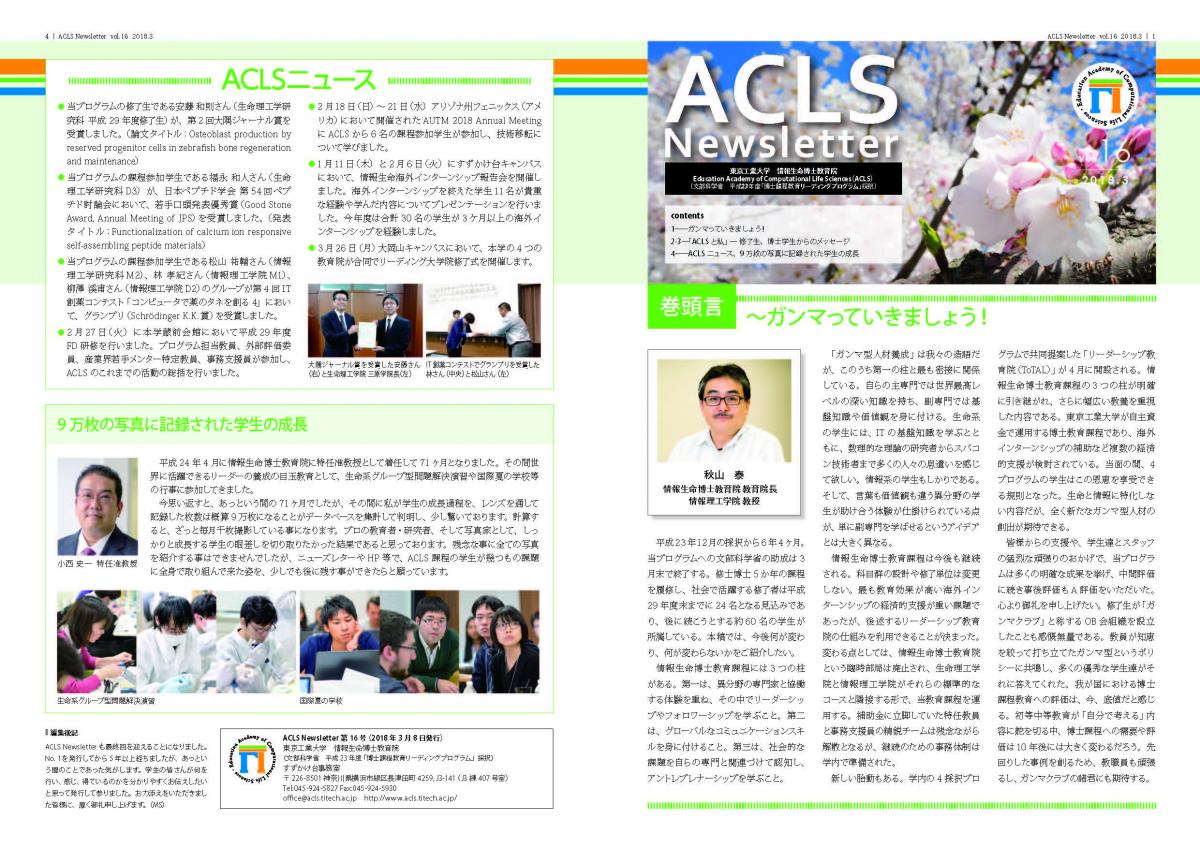- Home
- Teacher's and Student's voice
- Yumiko Kurokawa / Yuri Matsuzaki / Dragomirka Jovic
Yumiko Kurokawa / Yuri Matsuzaki / Dragomirka Jovic


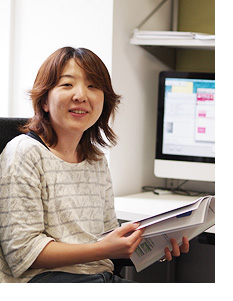
Kurokawa:I got involved after seeing an ad which said that “Tokyo Institute of Technology was hiring teachers that can supervise exercises with next-generation sequencers.” When I saw the content in the job listing, I thought it would be perfect for me.
My research focuses on analysis of mechanisms that maintain genome stability. Right now, everyone is using next-generation sequencer analyses to explore the genome and related things, so thought, “I want to try it too!” I envisioned that my own research would be beneficial in learning through practice.
In addition, I thought that practical knowledge and analysis techniques from my own DNA and genome research would be helpful for student exercises. I have had a long-standing interest in this subject, so I thought it would be a good chance for me.
Jovic:I was an international student at the Tokyo Institute of Technology, and I finished my Master’s and PhD here. In my program, it was requested that I do internship for a month in Japanese institution. I was fortunate to find a lab in RIKEN that accepted me to do one there. However after a month, my supervisor at RIKEN increased the workload since the collaboration would last for more than a year. Both of my supervisors had slightly different teaching styles. But, how they attracted young people to do science was most impressive. At those times, I often thought that both the professors who taught us were invaluable and acquiring knowledge in a combination of different fields improved us.
Later, I heard that a new program was going to start which would train students in both Life and Computational Sciences. This unique curriculum reminds me about experience I gained by combining two different approaches and laboratories during my internship/collaboration time. I figured that a teaching position involved in teaching students from both Life Science and Computer Science majors sounded amazing, so I decided to join.
Matsuzaki:My research in graduate school focused on the numerical simulation of biological phenomena. After moving to the Tokyo Institute of Technology, my research has focused on investigating interactions between proteins using supercomputers. My reason for joining this program was because I believed that things I struggled for and learned through the course of my research could be applied to ACLS’s education program. I have experienced both the advantages and challenges of working together on problems with people from other disciplines. And realistically, I believe I can share that knowledge with my students.

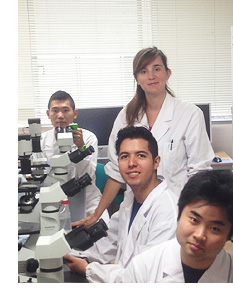
Kurokawa:Yes, I was definitely nervous. That’s because I had never taught before, I had only been in a laboratory for a long time. For a while now, I have been interested in giving simple explanations to people to see how they react to or interpret them. The difficulty of teaching in two different fields was part of the appeal to me. I wanted to accomplish a few things, and although my time spent separately on research and education may decrease, I think that learning together with students is a good opportunity. You might say it is the intersection of personal interest and profit (laughs). I thought I could reach the next level by approaching my work with a fun attitude.
Jovic:At first, I was a little worried about teaching Computer Science students. After I got started, really the only instance that was difficult was the first lesson. The students were still very shy and weren’t willing to collaborate. But by the second day, students had progressed in working collaboratively, and by the last day everyone worked together. Not only was I extremely happy, but the anxiety I felt up until then was completely swept away.
Matsuzaki:In my research progress to date, I have made software that I needed and have offered many tutorials, workshops and other opportunities to allow people to use it in order to make changes to improve it. It wasn’t the first time that I had to bring people from different academic backgrounds together to explain something, so I wasn’t really anxious. From my experience in graduate school, I can relate to what students feel anxious about while enrolled in a hybrid major. I try to remember discussions I had with my friends and colleagues under similar circumstances, and then communicate that to my students. Although students have a variety of different personalities in an era of change and transition, there are times where it’s not simple to enforce my thinking. As a result, it can be very challenging, and sometimes my thinking changes when working with students.

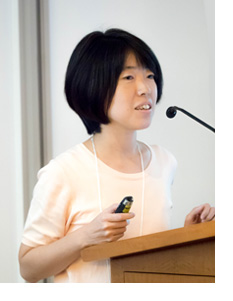
Kurokawa:Yeah, Summer School has definitely changed. In the beginning it was just a few of us predicting the kind of results we would get from a handful of research topics, and we tried to keep the topics pretty simple. They have gradually turned into more realistic topics.
Matsuzaki:Before, topics came from a single field like “Protein Structure & Function” and “Genome & Chromosome Dynamics”. Last year (2016) we decided to approach it from a different direction.
The Summer School venue was located in New York City, which is home to the United Nations Headquarters. So we created a topic appropriate for that location. In 2015, the UN released its “Sustainable Development Goals” (SDG), which listed specific targets to achieve by 2030 in food, health, sanitation and other fields that Life Science can contribute to. It was founded on the idea that these problems must be solved first in order to give people the power to work to achieve world peace. The group work was centered on research planning that would be vital to achieving the goals stipulated by the UN. We visited an exhibit about the SDG at the UN Headquarters, and attended a lecture. The students were very flexible, and instead of complaining about a new and unfamiliar topic, many of them felt that their range of thinking expanded.
Kurokawa:When I heard that we would collaborate with the UN, I thought “that’s so innovative,” but it was a topic that only ACLS could handle. I think this result was unpredictable when we first discussed doing Summer School, collaborative research presentations, and group work in our relevant fields. It was so original, and the idea of working on global problems that directly affect society made me think, “We’ve progressed so far.”
It’s not only the topics, also planning and management standards rise each year. In the beginning, students were involved in planning and management which was very minimal, like preparing equipment for seminars and research meetings. It has now become a major event with intricate planning comparable to a well-organized international seminar. It’s a challenge for the staff myself included (laughs), but I really think we’ve reached the next level.

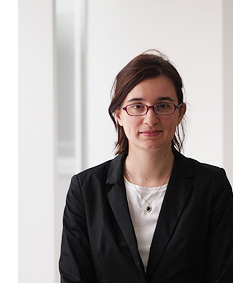
Jovic:There’s an event hosted by ACLS called the Global Communication Contest, and I’ve been involved with it from the start. Compared with the first one, students that make presentations have changed significantly. At the first one, I was worried if any students were going to raise their hands. We had to explain the purpose and content of the event very clearly to make it happen. After the initial success, many students have participated since the 2nd event.
Kurokawa:In the beginning the international students raised their hands a lot, and now it’s the Japanese students. Even students who have only been in this course for six months are joining in. It appears that students have found confidence to communicate.
Matsuzaki:ACLS provides an environment to learn “English not as a subject,” but “languages to collaborate with the people right in front of you.” You cannot make any progress without talking to the international students... that’s the kind of environment we have now, and I think that everyone’s posture changes when they are speaking English.
Jovic:When I’m working with Japanese students as their assigned mentor, I talk in Japanese at first. Then I use English with greater frequency, step-by-step. When the students go through communication class, then the Global Communication Contest, and an overseas internship, they are able to speak exclusively in English. After returning from internship, they often ask me to speak only in English (laughs). The chance to experience an overseas internship is very significant. They’re on their own for those three months outside of Japan.
Kurokawa:Going through those experiences should remove any reluctance to speak English.

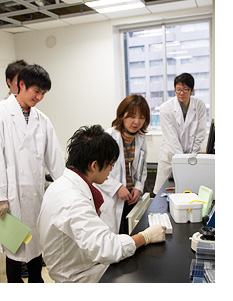
Kurokawa:As an assigned mentor, I’m in charge of 9 or 10 students right now. Compared to my first year, I believe student awareness has changed a lot. Their classmate in the laboratory is in ACLS, they see the people around them and most students are aware of ACLS before they arrive here. In prior years, many students only had a vague idea like “you can study a lot of different things,” but more recently we have students who already have fairly clear expectations and are determined to join.
Matsuzaki:Our computational capabilities are improving, experimental methods are advancing, and the things we can teach in class and do in the lab have changed too. How can we stay focused on substance, and not be distracted by change? When we ourselves don’t have a clear answer, we ask the students. Our positions don’t matter. I think our goal should be to form a relationship that lets both sides share what they have.
Kurokawa:We should not interfere with the student’s main substance - the tree trunk of their gamma-type learning - we should put emphasis on adding lots of branches, thick and sturdy branches. When a new technology arises, just add one branch. We must stress to them, “that everything you’ve cultivated up to now, everything you’ve learned, please keep it growing strong.” That should always be the same no matter how the students change.
Jovic:In English, you would probably refer to ACLS as a “Super Guided Program.” We have created an environment that stimulates students to lead. They are more than welcome to experience the science from different perspectives which gave them a chance to do extracurricular activities such as leadership, business or internship while are positively ‘’forced’’ to communicate.
Matsuzaki:I think it’s so important for not only the specially-appointed professors to watch, but also the highly-skilled full-time professors to carefully oversee the entire program. For example, when we plan Summer School, if the students suggest something superficial or unrealistic, it should be identified immediately and constructive criticism should be given. By providing this kind of environment, we encourage students to think independently at a very fundamental level.

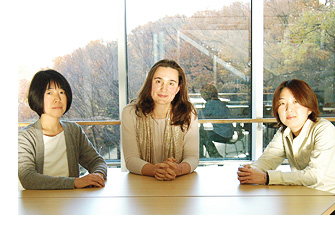
Kurokawa:Both teachers and students have put great efforts into running the ACLS program. What we have now isn’t the same as we had in the beginning. We’ve progressed this far by building on what we previously learned. It has always been part of a gamma-type merger of Life Science and Computer Science, and I truly believe that we may find interesting applied knowledge and ideas in other fields by integrating our knowledge with humanities or social sciences. I would be thrilled if people could pioneer a model case of this.
Matsuzaki:I hope people who are independent thinkers to come here. Being able to think long and hard independently on problems is an essential skill to generate insights and innovative ideas. But society has evolved in a way such that many tasks now require teamwork and contributions from all team members. So I want independent logically thinking people to make the leap and join us. I hope they improve their ways of doing things and are inspired by their classmates.
Jovic:In the future, whether you stay in academia or go into industry, it will be extremely important to exhibit the unique qualities of your work and promote its distinct differences compared to everything else. At ACLS, you can learn about those differences. Students that demonstrate their differences at ACLS, whether it’s through leadership or communication in English, are really just beginning. ACLS is training to transform that tiny spark into a huge explosion.
Of course, students at ACLS have a lot to cover. It’s difficult and extremely challenging. But I think the benefits you gain from overcoming the obstacles are so rewarding To set a proper goal, students need a good mentorship in general. Through the courses and training we offer, they can shape themselves and find the direction they want to go. Getting a lot of experience in different things makes life decisions easier. They realize their ideal career path which is only possible after experiencing a 5-year program at ACLS. We create that possibility.
Kurokawa:I think that students are still in their development process as individuals. Many students don’t actually realize it. For example, if we ask them to do a self-introduction at an event, they don’t say much more than the kind of lab research they’re working on and usually that’s inadequate. I want them to recognize their experience at ACLS as their personal advantage and I want them to use it to get themselves noticed. At ACLS, we offer so much assistance to students to allow them to discover personal strengths through our global communication courses and overseas internships. We hope they can use their gained knowledge to do something great in the future.
※The contents of this article are accurate as of the time the interview was conducted in December 2016.







